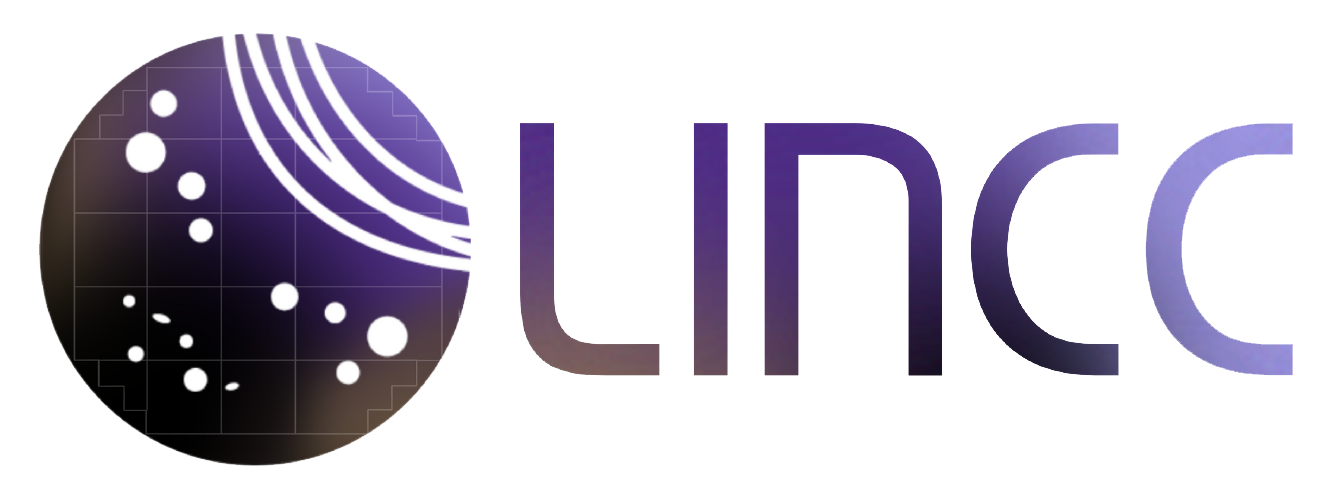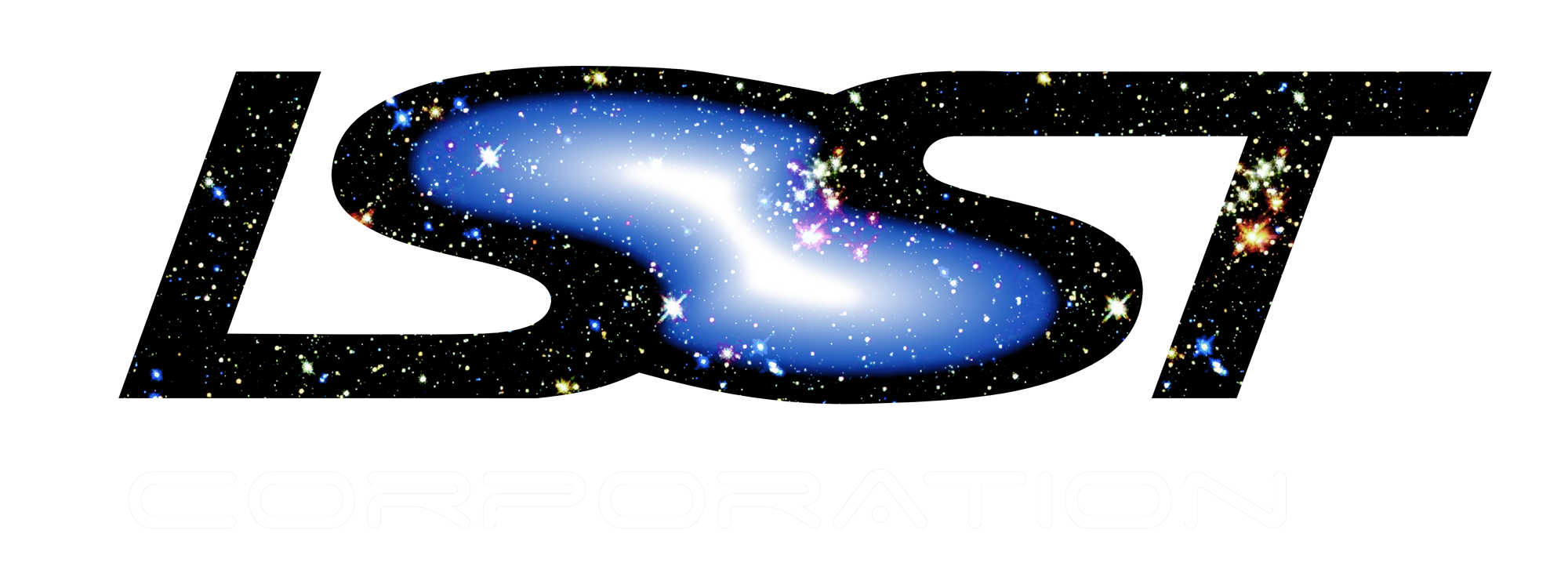At the Kavli Institute for Particle Astrophysics & Cosmology (KIPAC), which spans the Stanford campus and the SLAC National Accelerator Laboratory, LSSTC postdoctoral fellows will find scientific mentoring expertise in a wide array of astrophysics and cosmology research topics, described here, including dark energy, dark matter, gravitational lensing, optical surveys, cosmological simulations, scientific visualization, instrumentation, and data analysis related to Rubin Observatory and LSST. Many KIPAC members are deeply engaged in the integration and testing of the LSST Camera at SLAC and preparing for observatory commissioning in Chile, offering postdocs a unique opportunity to contribute to verifying and validating LSST data for early science. SLAC is the host DOE laboratory for the LSST Dark Energy Science Collaboration (DESC) and manages the Rubin US Data Facility. KIPAC hosts an active LSST Early Science Group to brainstorm a wide range of ideas, and SLAC hosts the LSSTC-supported “LSST Stack Club” to train scientists to run Rubin/LSST analysis software. LSSTC postdocs working at KIPAC will benefit from the experience of KIPAC scientists in working with data from complementary observatories, that will help them achieve the full potential of LSST data, including multi-messenger / multi-wavelength opportunities. Feel free to contact KIPAC faculty and scientific staff listed here to learn more about their research interests and plans.
Many practical onboarding resources are described on the webpage for postdocs who are New to the KIPAC Community and the Getting Started section of the Stanford Office of Postdoctoral Affairs resources. Intellectual onboarding is provided through the KIPAC postdoc mentoring program and engagement with the community through KIPAC Teas and off-campus retreats -- both KIPAC-wide and for postdocs only.
KIPAC & Rubin/LSST, Postdoctoral Opportunities at SLAC.



